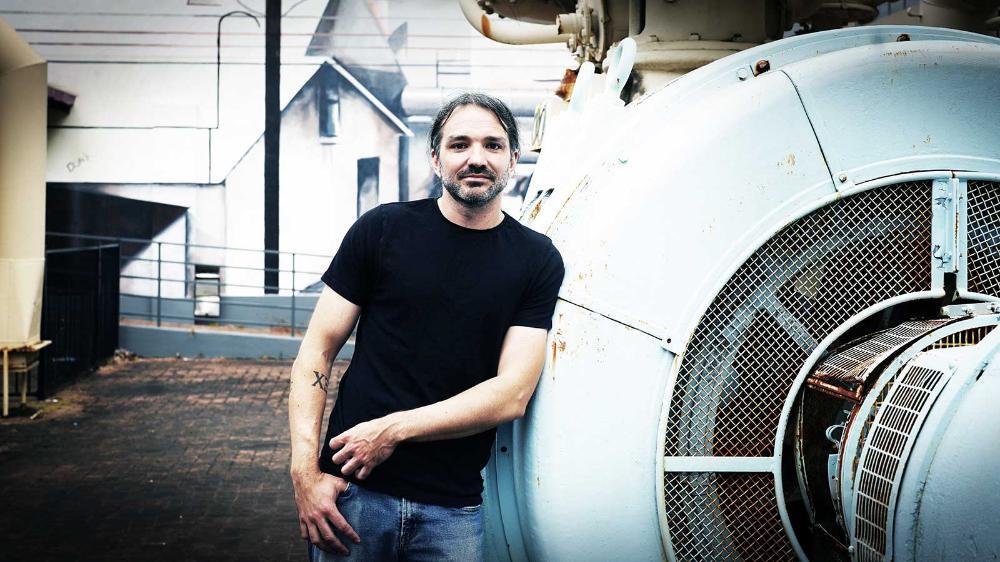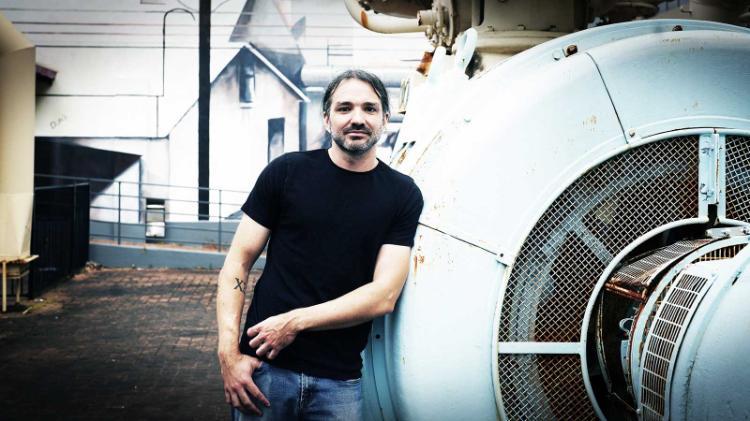February 21, 2023
A Ray of sunshine to help Indigenous students achieve their dreams
During the 2021 Covid lockdown, Ray McGill spent three sleepless nights dealing with a conundrum many people would envy.
The University of Wollongong (UOW) geoscience graduate, then 34 and working as a data specialist in Sydney, had finally put away enough money to establish some form of benevolence scheme for the needy – but he could not decide on how to spend it.
“I grew up in a loving, though poor environment, but I’ve been lucky to get an education and a well-paying job, so I now feel in a position to start giving back to society to people who need a helping hand,” he says
McGill initially considered donating to several of his favourite charities, which he did for a short time. However, he eventually decided he wanted to support a more individualised form of charity.
As a result, he established what is now known as the Ray McGill Scholarship for Indigenous students in their chosen degree.
It launched last year with one student who received $5000 over three years. It allows for $3000 for the first year “to basically set them up” and $1000 for each following year.
Two students will receive the scholarship this year.
McGill acknowledges he is an unusually young benefactor and chuckles at the recollection of his first UOW scholarship award night when he was asked by a participant if he was Ray McGill’s son.
“I did consider waiting until I was in my mid-50s so I would have more to give to each recipient, but I figured it was better to start immediately so it can have a knock-on effect over the next 20 to 30 years,” he says. 
His generosity is largely based on his experience as a struggling student who lived on Youth Allowance and little else apart from the odd summer job.
He was born in the Swan Valley in Perth, the youngest of three boys. When he was eight his parents split up. At 13, he moved with his mother to her hometown of Nowra, where they lived in a Housing Commission house on a disability pension.
McGill is the first in his immediate family to go to university.
“I didn’t have any expectations of what uni life would be like. I played in the UOW cricket team and enjoyed the campus life as well as what the city had to offer. It was a nice couple of years, but I was very broke,” he recalls.
“Back then it was hard to find casual jobs because there wasn’t much work around so I ended up doing stuff like pizza deliveries – and at one time I worked in a friend’s balloon shop blowing up balloons.
“An extra $100 a fortnight would have relieved that financial stress and made life so much easier, especially those times like when you’re trying to make rent payments or just to buy food.”
McGill does not have an Indigenous background but he has enormous respect for First Nations peoples.
“They are incredibly important to the richness of this country, yet they are disadvantaged at a disproportionate rate, so I think they are deserving of help,” he says.
“I can only remember a few Indigenous students during my course. One graduated on the same day as I did and wore the flag on stage, which I thought was great.”
McGill says two years on he is extremely happy with the choice he made to start a scholarship because it reinforces his belief that education is an excellent way to break the poverty cycle.
“I’m now in a position to help others because I walked away with a degree that led to another degree (Master in Data Analysis at the University of Technology Sydney), which led to a well-paid job. I want this scholarship to help other people who have come from public housing and poverty to live more comfortable lives,” he says.
“I don’t expect all of the scholarship recipients to graduate, because university is not for everybody, but at least they will have that opportunity.”
As the scholarship benefactor, McGill was given the chance to view this year’s applications from students who embrace their heritage and who now want to make their mark on the world.
Oscar Knight from Wagga Wagga, for example, who was raised by a single parent and was a caregiver for his sick grandparents while studying for the HSC, wants to pursue an economics and business degree.
“This scholarship would contribute financially towards my living expenses while I study full time and allow me to experience what UOW has to offer and hopefully contribute to the Wollongong community,” wrote Oscar.
And Emma McMahon from Bomaderry, who wants to study for a Bachelor of Social Work with the aim of working in Indigenous health in the Shoalhaven.
It was, however, the ‘thank you’ letter from Alana Nicholls, the first scholarship recipient in 2022 that convinced McGill those sleepless nights of indecision were worth it.
Alana is studying a primary education degree.
“At the beginning of the year my family was financially unstable, which impacted on me heavily. I had to acquire a second job to support my family in those tough times,” she wrote.
“When I received this scholarship, I was bursting with joy as I realised the resources I needed were covered. If it wasn’t for you supporting me financially, I would be in a very difficult position.
“I would like to say thank you from the bottom of my heart.”
McGill said he was taken aback when he read those words.
“I was in my office at the time and got a bit emotional…thankfully nobody was around to see it.”
--
Ray McGill
Bachelor of Science (Geosciences)
